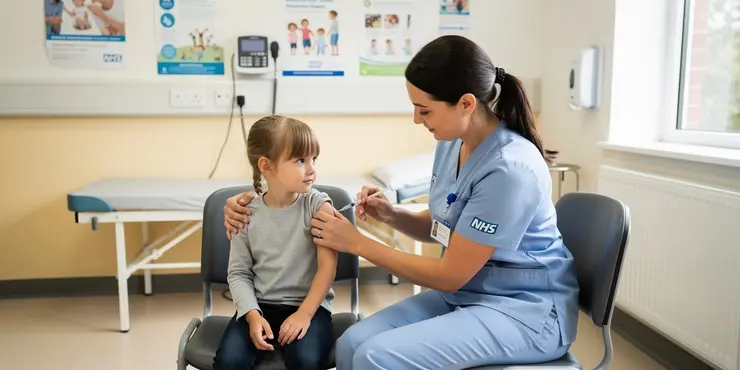
Find Help
More Items From Ergsy search
-
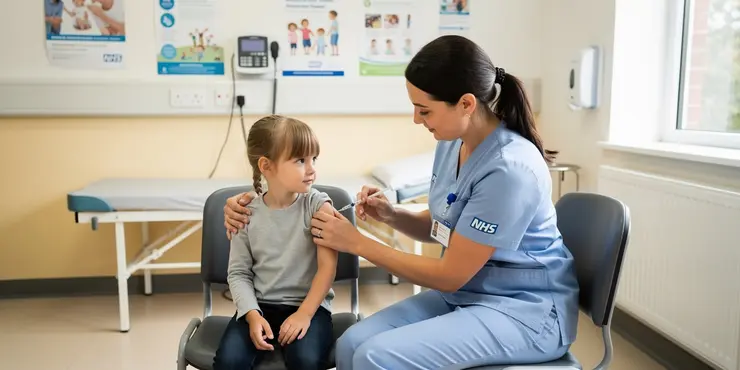
Who should receive the Rubella vaccine?
Relevance: 100%
-
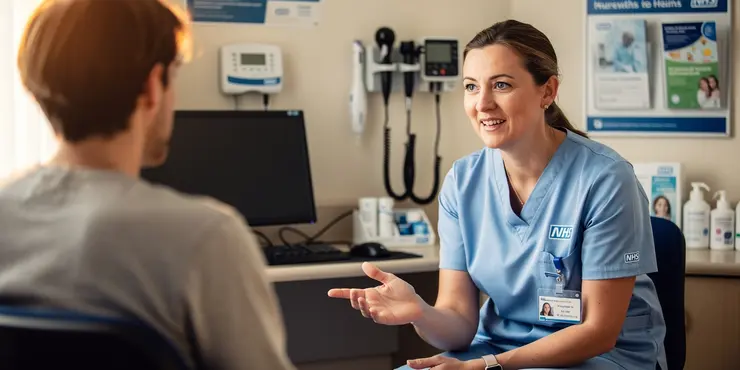
What is Rubella?
Relevance: 89%
-
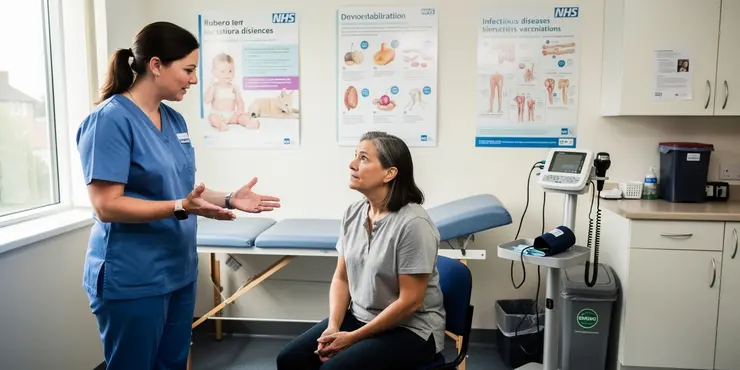
How serious is Rubella?
Relevance: 86%
-
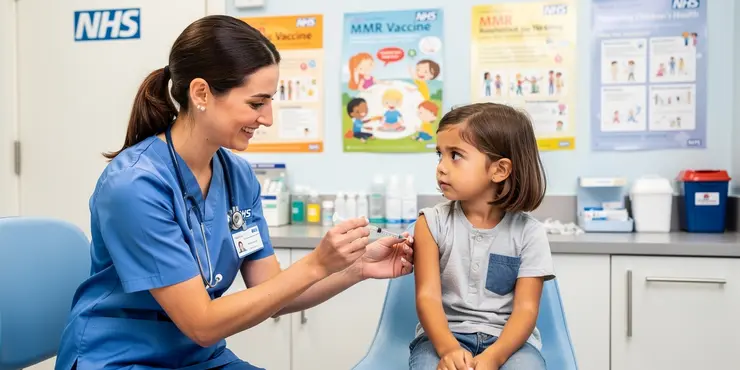
Can Rubella be prevented?
Relevance: 85%
-
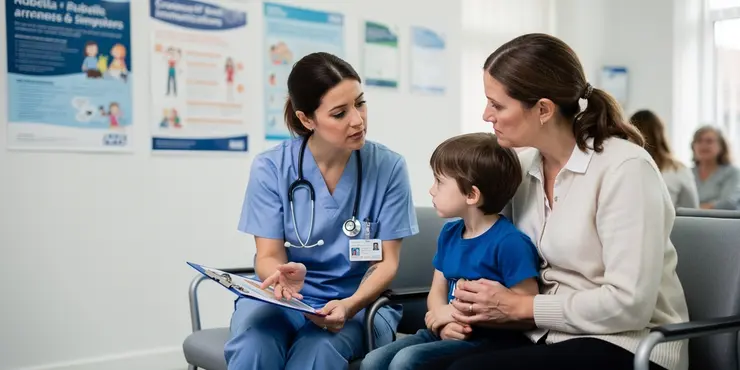
Is Rubella the same as measles?
Relevance: 84%
-
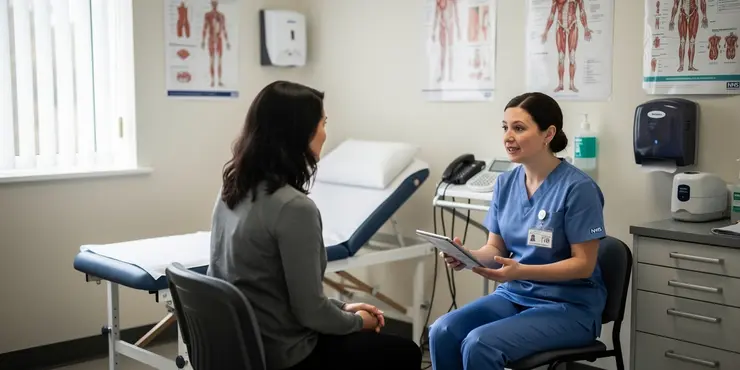
How is Rubella transmitted?
Relevance: 83%
-
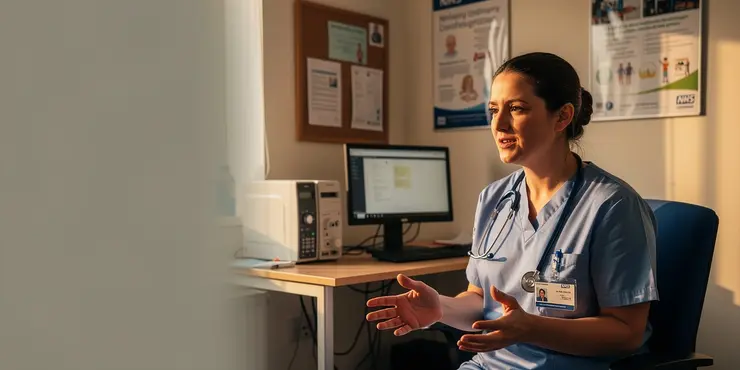
How is Rubella diagnosed?
Relevance: 82%
-
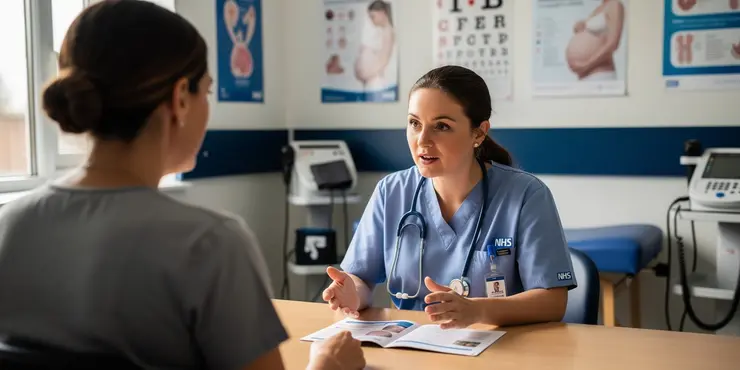
What is congenital rubella syndrome?
Relevance: 81%
-
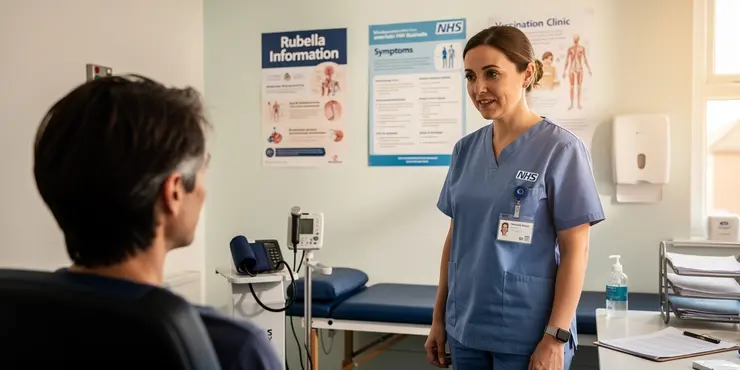
What are the symptoms of Rubella?
Relevance: 75%
-
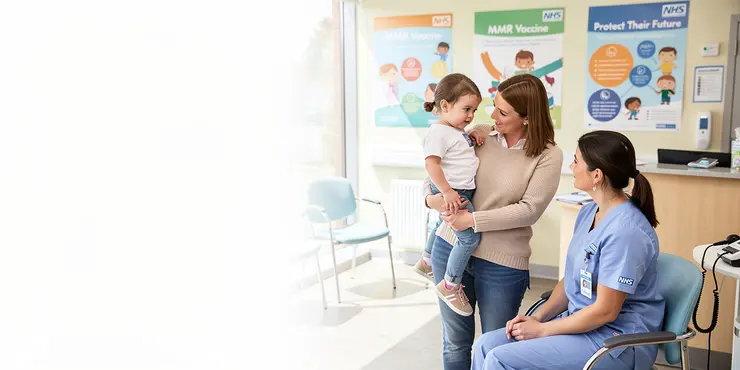
What is the MMR vaccine?
Relevance: 68%
-
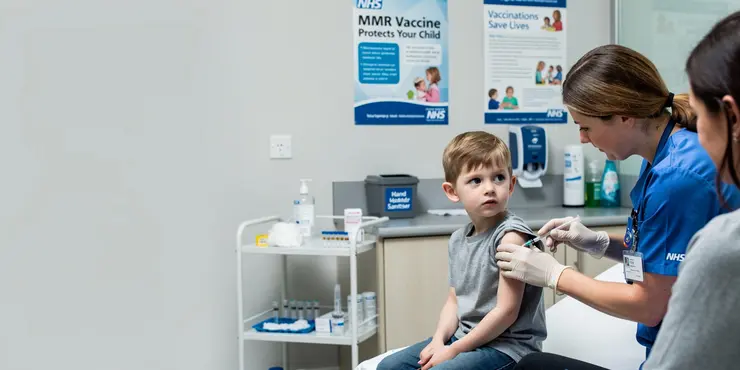
How effective is the MMR vaccine?
Relevance: 64%
-
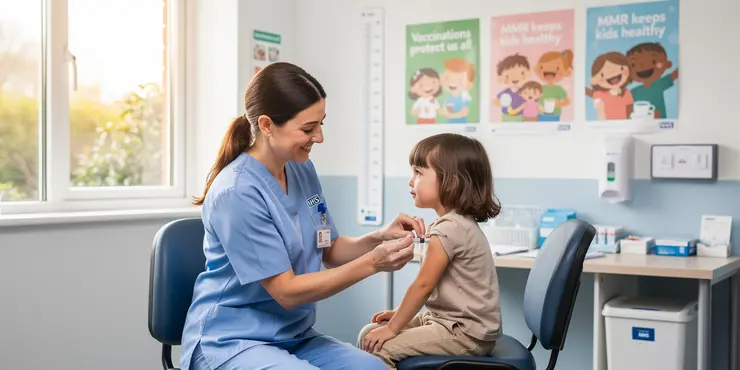
How effective is the MMR vaccine?
Relevance: 63%
-
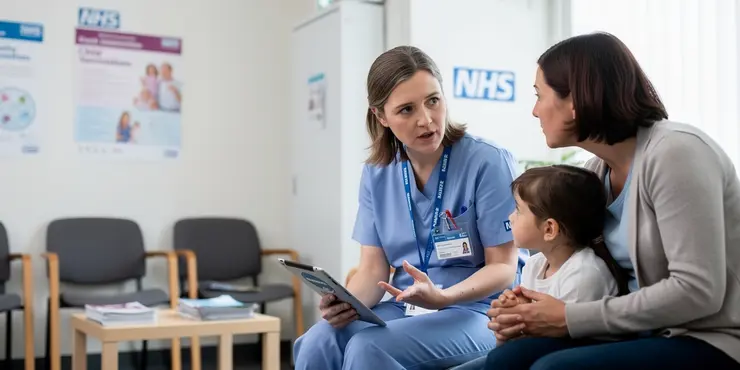
Who should receive the MMR vaccine?
Relevance: 59%
-
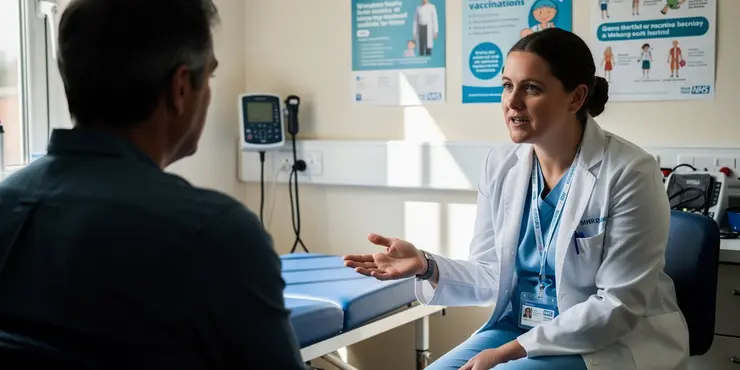
Can adults receive the MMR vaccine?
Relevance: 54%
-
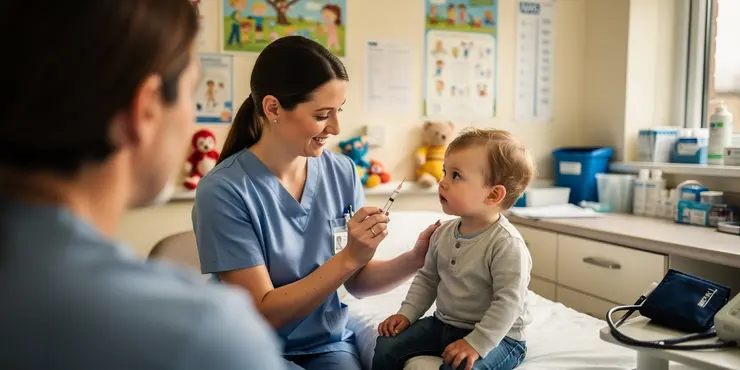
At what age is the MMR vaccine given in the UK?
Relevance: 54%
-
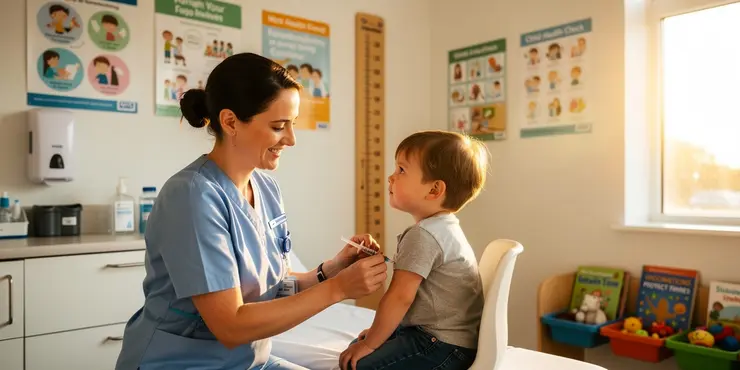
What is a live-attenuated vaccine?
Relevance: 53%
-
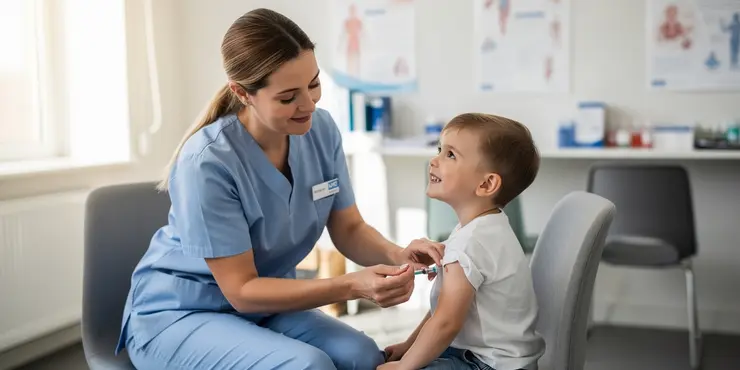
Children's Vaccination Schedule
Relevance: 53%
-
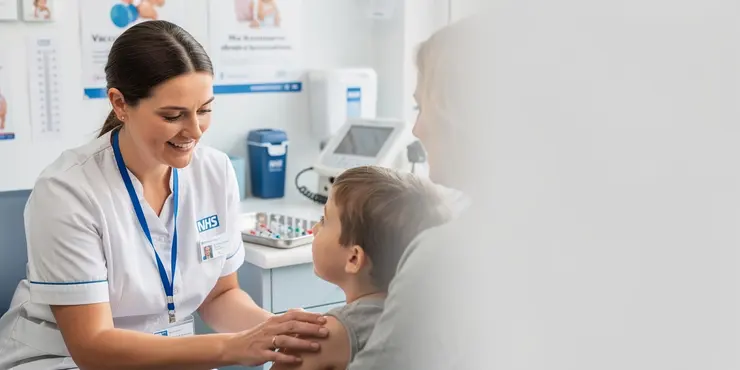
Are vaccines linked to autism?
Relevance: 51%
-
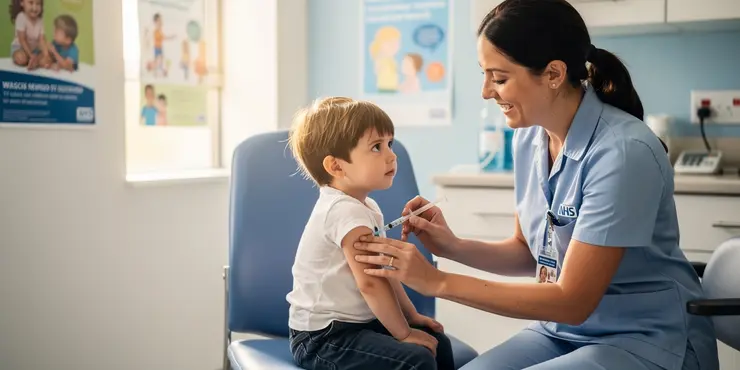
What is the current measles vaccination coverage in the UK?
Relevance: 51%
-
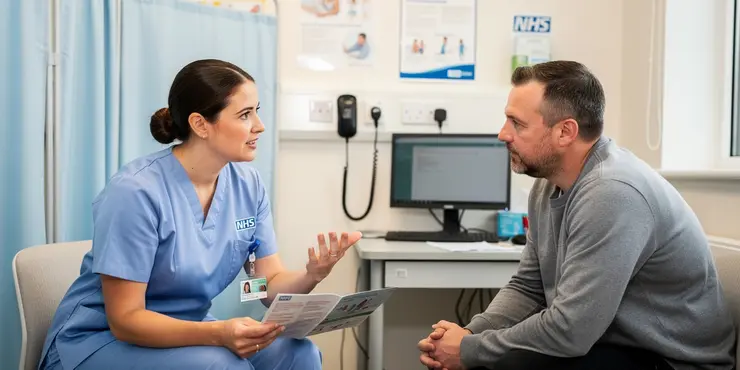
What are the different types of vaccines?
Relevance: 50%
-
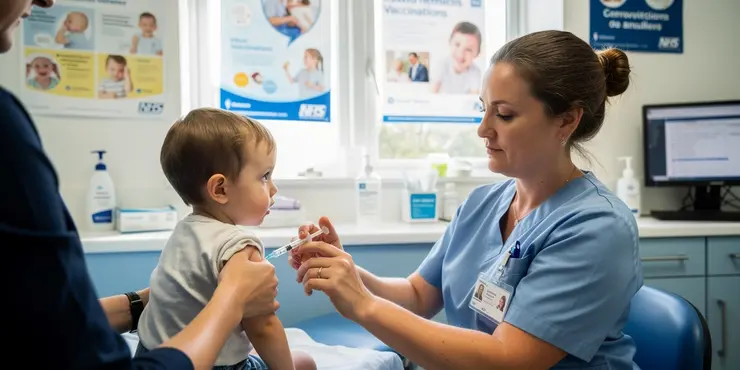
At what age should children receive the MMR vaccine?
Relevance: 50%
-
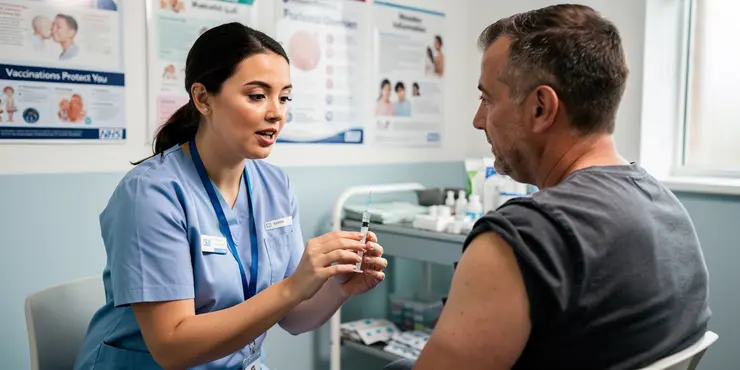
Can the measles vaccine be given to adults?
Relevance: 49%
-
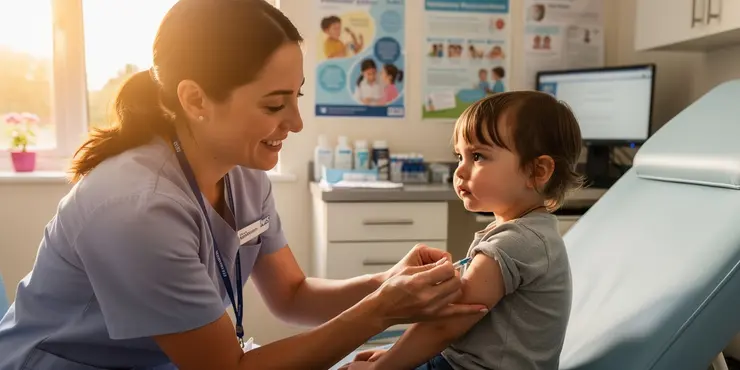
How does vaccination affect measles rates?
Relevance: 47%
-
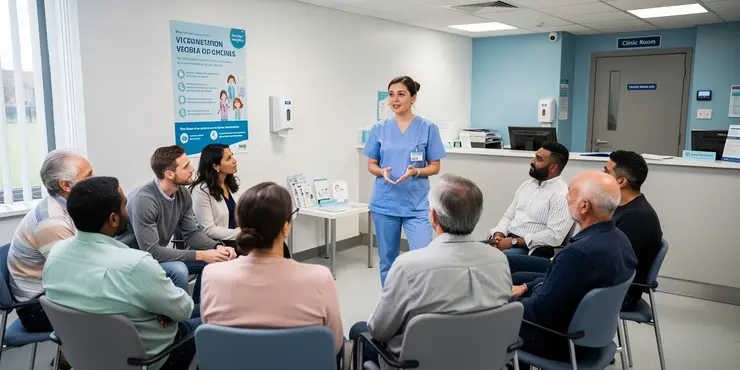
What is a vaccine?
Relevance: 47%
-
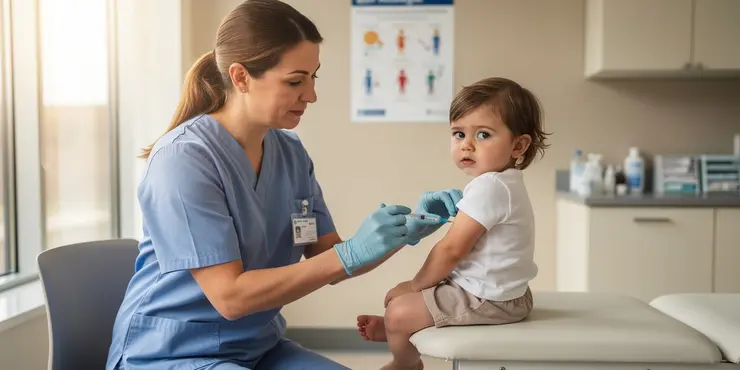
Can everyone receive vaccines?
Relevance: 46%
-
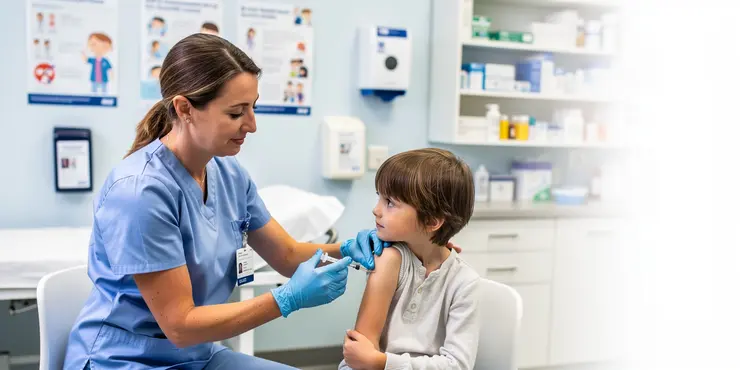
What are vaccines and how do they work?
Relevance: 46%
-
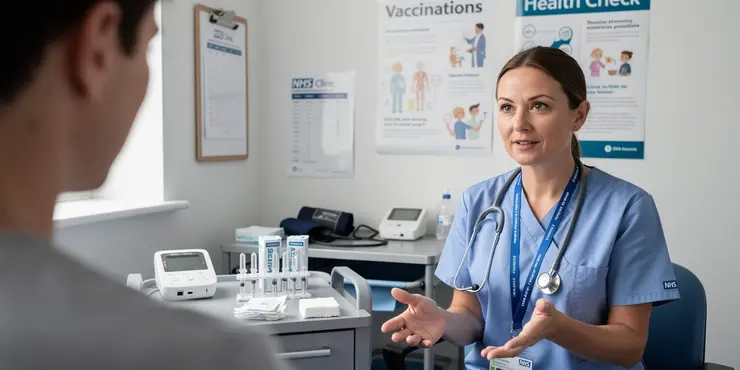
Do I need any vaccine injections for EU countries?
Relevance: 44%
-
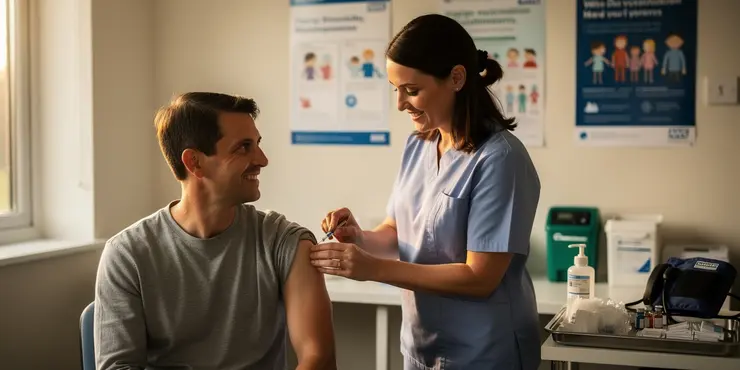
What are the common side effects of vaccines?
Relevance: 44%
-
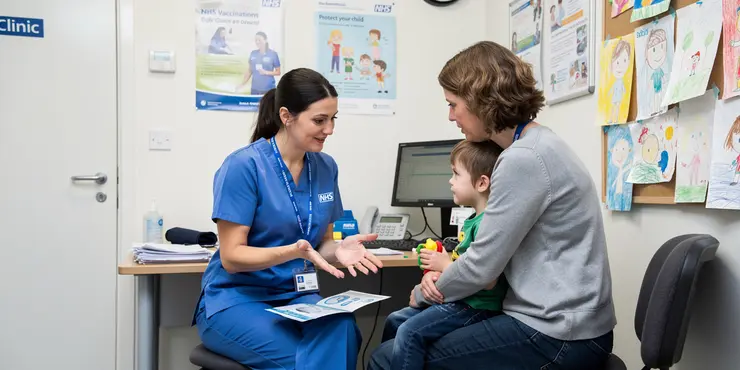
Can vaccines cause the diseases they protect against?
Relevance: 43%
-
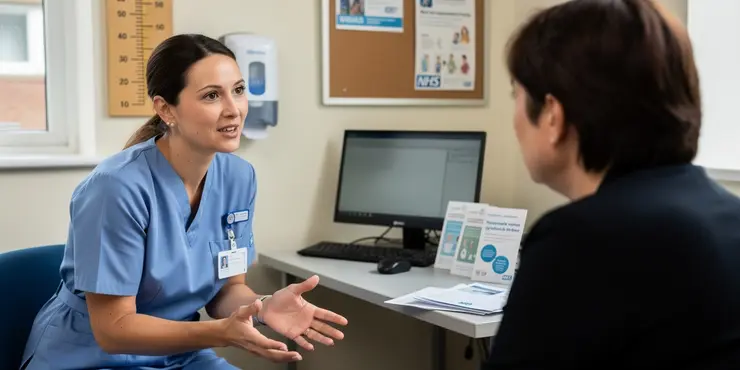
Are there vaccination recommendations for people with compromised immune systems?
Relevance: 43%
-
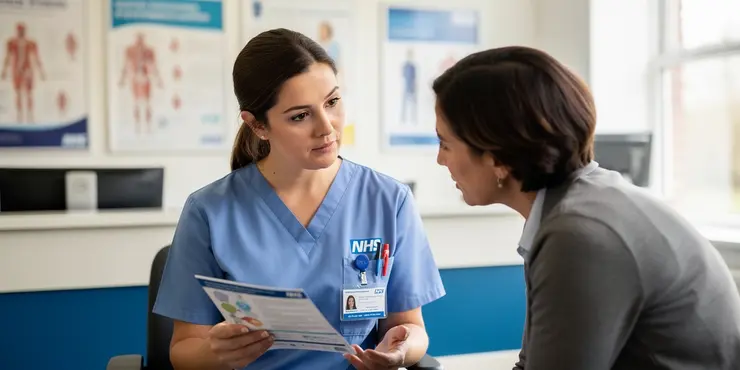
Is it necessary to get a measles vaccine before travelling?
Relevance: 43%
-
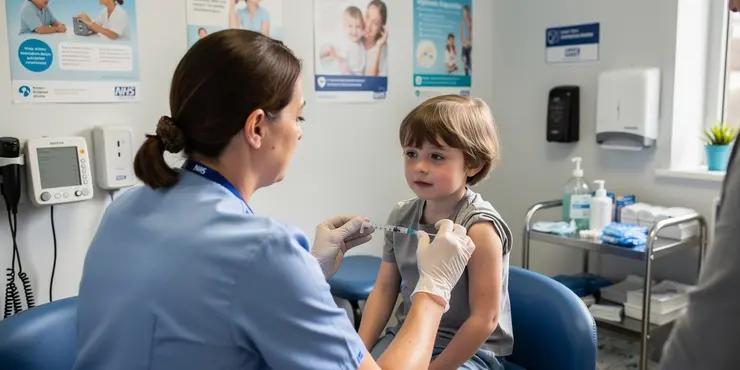
Are there vaccines for meningitis?
Relevance: 43%
-
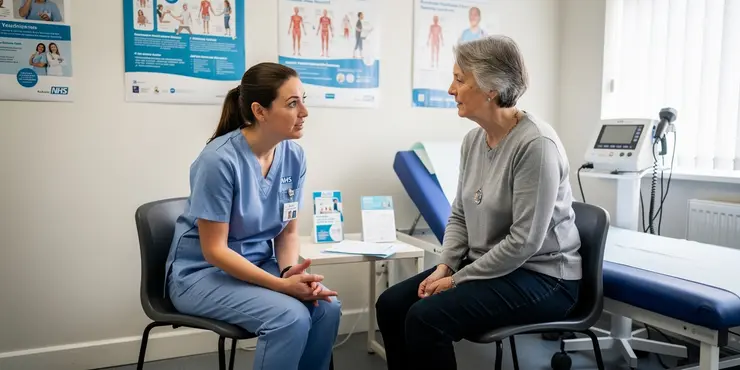
Are vaccines safe?
Relevance: 43%
-
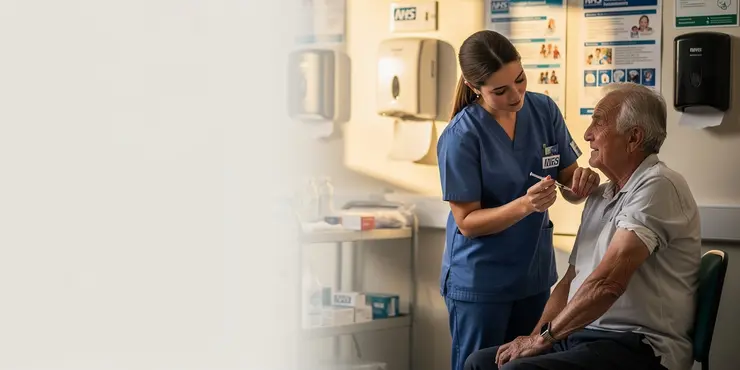
Is there a vaccine for H3N2?
Relevance: 43%
-
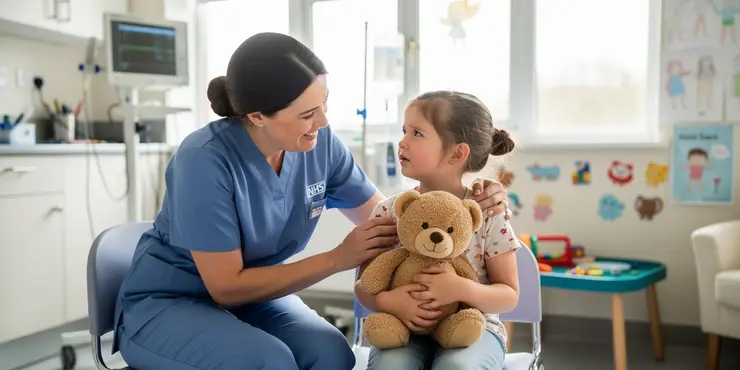
Is there a vaccine for norovirus?
Relevance: 42%
-
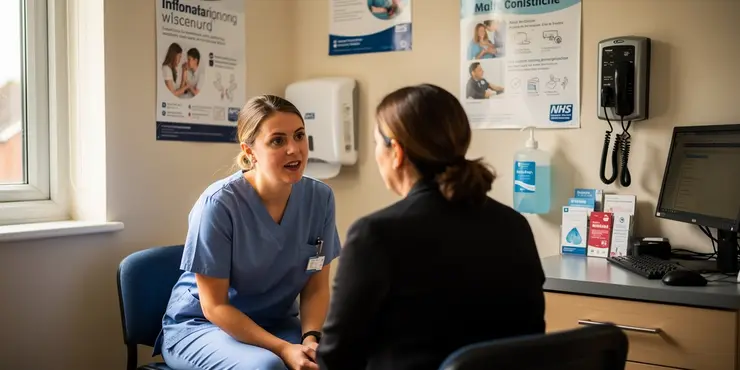
Is there a vaccine for gonorrhoea?
Relevance: 42%
-
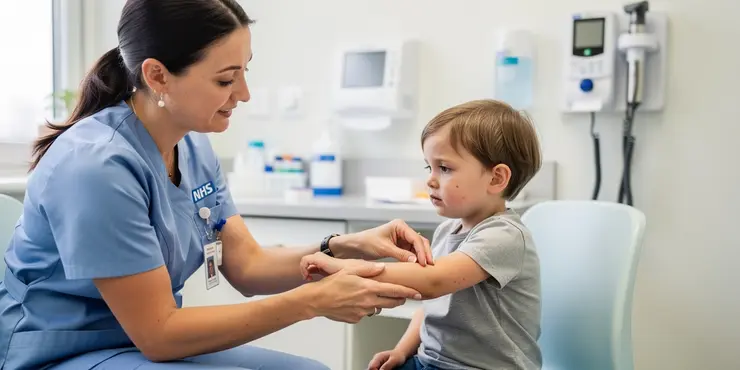
Is there a vaccine for impetigo?
Relevance: 42%
-
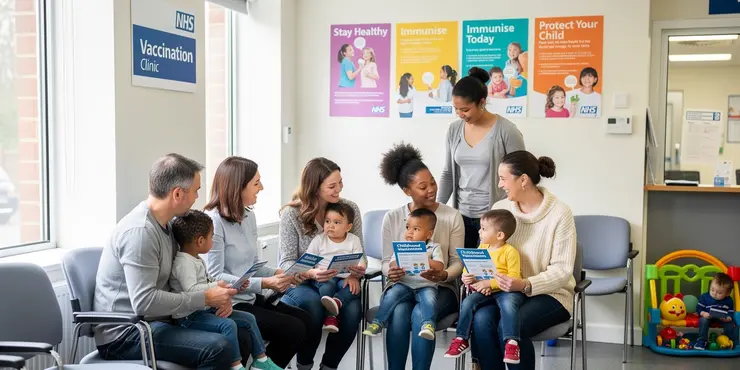
Have there been any government campaigns to increase vaccination rates?
Relevance: 41%
-
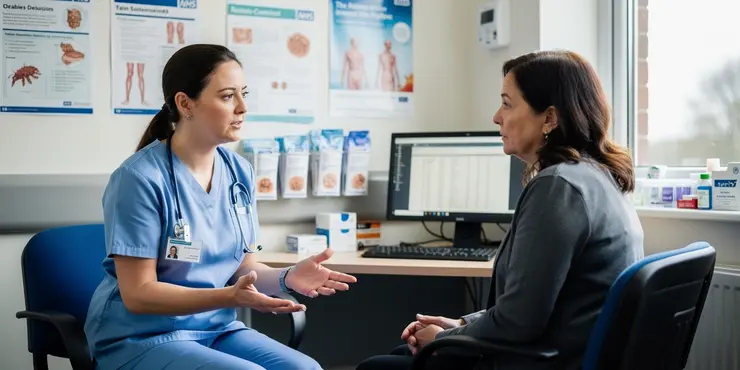
Is there a vaccine for scabies?
Relevance: 41%
-
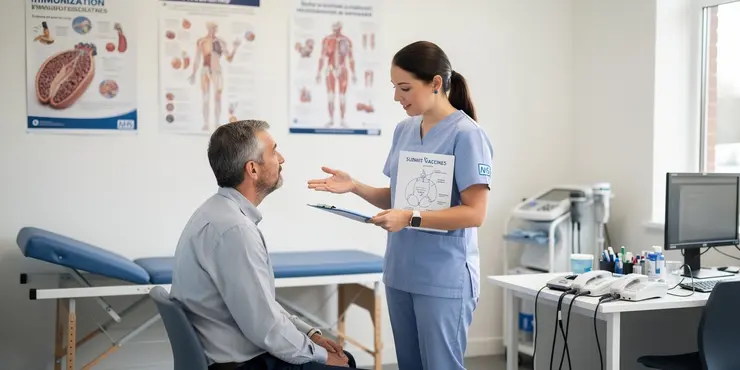
What is a subunit vaccine?
Relevance: 41%
Who Should Receive the Rubella Vaccine?
The rubella vaccine is an essential immunization that helps protect against rubella, a contagious viral infection known for causing mild symptoms in children but potentially serious complications in adults and pregnant women. In the UK, the rubella vaccine is part of the combined measles, mumps, and rubella (MMR) vaccine. The vaccine plays a crucial role in maintaining public health by preventing outbreaks and safeguarding vulnerable populations from the effects of rubella.
Children
In the UK, it is recommended that all children receive the MMR vaccine, which includes immunization against rubella. The vaccine is usually given in two doses. The first dose is administered when a child is around 12 to 13 months old, and the second dose is provided at three years and four months, usually before the start of school. This schedule ensures that children are protected from rubella as early as possible, reducing the risk of the virus spreading within schools and communities.
Women of Childbearing Age
It is particularly important for women of childbearing age to ensure they are immune to rubella. Rubella infection during pregnancy can lead to serious consequences, including congenital rubella syndrome (CRS) in the unborn child, which can cause birth defects such as heart problems, developmental delays, and hearing loss. Women planning to become pregnant should check their vaccination status, and if needed, they should receive the MMR vaccine at least one month before trying to conceive. However, the MMR vaccine is not safe during pregnancy, so women should avoid getting vaccinated while pregnant.
Healthcare Workers
Healthcare workers are among those who should receive the rubella vaccine. This group is at higher risk of exposure to infectious diseases, and being vaccinated helps prevent the transmission of rubella to vulnerable patients, including pregnant women. Ensuring healthcare workers are immunized protects both the healthcare providers and those they care for.
Unvaccinated Adults
Adults in the UK who missed out on the MMR vaccine as children are also recommended to receive it, particularly if they are in a high-risk group or planning international travel. Rubella is less common in the UK due to widespread vaccination, but it remains prevalent in some countries. Adults who travel internationally without prior vaccination may be at risk of contracting and spreading the virus.
Conclusion
Vaccination against rubella is a key public health measure in the UK, aimed at protecting individuals and communities from the effects of this virus. While children, women of childbearing age, healthcare workers, and adults without prior vaccination are particular targets for immunization campaigns, ensuring high vaccination coverage in the general population remains crucial in preventing outbreaks and protecting vulnerable groups.
Who Should Get the Rubella Vaccine?
The rubella vaccine is important because it helps stop people from getting rubella. Rubella is a virus that spreads easily. It usually makes kids a little sick, but it can make adults and pregnant women very sick. In the UK, the rubella shot is part of the MMR vaccine, which also stops measles and mumps. Getting the vaccine helps keep everyone healthy by stopping the virus from spreading and protecting people who could get really sick from it.
Children
In the UK, all children should get the MMR shot, which includes protection against rubella. Kids usually get two doses. The first dose is when they are about 12 to 13 months old. The second dose is given at 3 years and 4 months, usually before they start school. This helps keep kids safe from rubella when they are at school and playing with other kids.
Women Who Can Have Babies
It's very important for women who can have babies to make sure they've had the rubella vaccine. If a woman gets rubella while she is pregnant, it can be dangerous for her baby. The baby might have problems like heart issues, delays in development, or trouble hearing. Women who want to have a baby should check if they need the MMR vaccine and get it at least one month before trying to get pregnant. But they should not get the vaccine while they are pregnant.
Health Workers
People who work in health care should get the rubella vaccine. They meet many people and are more likely to catch diseases. Being vaccinated helps stop rubella from spreading to patients, including pregnant women. Vaccination protects both health workers and the people they care for.
Adults Who Haven't Had the Vaccine
Adults in the UK who didn't get the MMR shot when they were kids should get it now. This is especially important if they are at high risk or traveling to other countries. Rubella is not common in the UK because of the vaccine, but it is more common in other countries. If adults travel without being vaccinated, they might catch and spread rubella.
Conclusion
Getting the rubella vaccine is very important in the UK. It helps protect people from the virus and keeps the community safe. Kids, women who can have babies, health workers, and adults who missed the vaccine as kids should all get vaccinated. Making sure lots of people get the vaccine helps stop outbreaks and keeps everyone healthy.
Helpful Tips: If reading is hard, asking someone to read with you can help. Using a ruler or your finger to follow the text can make it easier to keep your place. Audiobooks or text-to-speech tools can also be very useful.
Frequently Asked Questions
Who should receive the rubella vaccine?
All children, teenagers, and adults who have not been vaccinated and don't have immunity should receive the rubella vaccine.
At what age should children receive the rubella vaccine?
Children should receive the rubella vaccine as part of the MMR (measles, mumps, rubella) vaccine, with the first dose at 12-15 months and the second dose at 4-6 years.
Should adults receive the rubella vaccine?
Unvaccinated adults who do not have immunity to rubella should also receive the vaccine, especially if they are women of childbearing age.
Are there specific groups who should prioritize receiving the rubella vaccine?
Women of childbearing age who are not pregnant and who do not have immunity to rubella should prioritize receiving the vaccine to prevent congenital rubella syndrome.
Should individuals planning international travel receive the rubella vaccine?
Yes, individuals planning international travel should ensure they are immune to rubella as it is still prevalent in some countries.
Why is it important for women of childbearing age to receive the rubella vaccine?
Rubella infection during pregnancy can lead to serious birth defects known as congenital rubella syndrome.
Can individuals receive the rubella vaccine during an outbreak?
Yes, receiving the rubella vaccine during an outbreak can help protect against the infection.
Should healthcare workers receive the rubella vaccine?
Yes, healthcare workers should be vaccinated against rubella if they do not have evidence of immunity.
Can men receive the rubella vaccine?
Yes, men who do not have immunity to rubella should receive the vaccine to prevent the spread of the virus.
Is the rubella vaccine safe for pregnant women?
No, pregnant women should not receive the rubella vaccine. It is recommended to vaccinate before pregnancy.
Should university students receive the rubella vaccine?
Yes, university students who are not immune should receive the rubella vaccine due to the risk of outbreaks in college settings.
What should adults who are unsure of their vaccination history do about the rubella vaccine?
Adults unsure of their vaccination history should check their immunity status and get vaccinated if needed.
Should individuals who have already had rubella receive the vaccine?
Those with confirmed rubella infection or immunity do not need the vaccine, but others should consult a healthcare provider.
Is it necessary for people who work with children to get the rubella vaccine?
Yes, those who work with children should ensure they are immune to protect themselves and those they care for.
Should adults born before 1957 receive the rubella vaccine?
Adults born before 1957 are generally considered immune, but should check their status if at high risk or in certain jobs.
Should individuals with compromised immune systems receive the rubella vaccine?
People with compromised immune systems should consult their healthcare provider, as live vaccines like MMR may not be recommended.
What should individuals concerned about vaccine side effects do when considering the rubella vaccine?
They should speak with their healthcare provider to discuss the benefits and risks specific to their health situation.
Should people who are traveling to parts of the world where rubella is common receive the vaccine?
Yes, they should ensure they are vaccinated or immune before traveling to areas where rubella is still prevalent.
Is the rubella vaccine needed for individuals who received only a single dose of MMR as a child?
They may need a second dose to ensure full immunity. It is best to confirm with a healthcare provider.
Can individuals who receive the rubella vaccine still contract the disease?
The vaccine is highly effective, so the chances are very low, but not impossible. Full vaccination ensures the best protection.
Who should get the rubella vaccine?
The rubella vaccine is a shot that stops you from getting a disease called rubella. It is important for:
- Babies and young children to get the vaccine. They need the shot when they are 1 year old and another when they are 4 to 6 years old.
- People who work at hospitals or schools to get the vaccine if they didn't get it before.
- Women who want to have a baby should make sure they got the vaccine, but not when they are already pregnant.
If you are not sure if you got the rubella vaccine, talk to your doctor.
Use pictures to help understand better.
Everyone who has not had the rubella vaccine should get it. This is for children, teenagers, and adults who are not protected.
When should children get the rubella shot?
Children should get the rubella shot to stay healthy.
Usually, kids get their first shot at 1 year old.
They often get a second shot when they are about 4 to 6 years old.
If you need help, you can ask a doctor or nurse.
Kids need to get a shot to help keep them safe from a sickness called rubella. This shot is called the MMR vaccine, and it also helps with two other sicknesses: measles and mumps.
Kids should get the first shot when they are 12 to 15 months old. They should get the second shot when they are 4 to 6 years old.
To help remember, you can use a calendar to mark when the shots are due. You can also ask your doctor or nurse for a reminder.
Do grown-ups need the rubella shot?
Some grown-ups might need the rubella shot. This shot helps keep you healthy. If you haven't had it before or if you are going to have a baby, ask your doctor if you need it.
Here are some tips to help understand:
- Ask a friend or family member to explain it to you.
- Use pictures or videos to learn more.
- Talk to a nurse or doctor if you have questions.
People who have not had the rubella vaccine should get it. This is really important if they are women who might have babies one day.
Who should get the rubella shot first?
Some people need the rubella shot more. Here are some:
- Women who want to have babies.
- People who have not had the rubella shot before.
- People who might be around pregnant women.
If you are not sure, ask a doctor or a nurse. They can help you with what you need.
You can also use pictures or videos to help you understand more about the rubella shot. These tools can make it easier to learn.
Women who can have babies, but are not having a baby right now, should get the rubella vaccine if they are not already protected. This will help prevent a problem called congenital rubella syndrome in their future babies.
Do people need the rubella shot before going to another country?
If you are going to another country, you should make sure you are protected from a sickness called rubella. Rubella is still a problem in some places.
Why should women who can have babies get the rubella vaccine?
It is important for women who can have babies to get the rubella vaccine. The vaccine helps protect them from getting sick with rubella.
Rubella can make pregnant women very sick. It can also be harmful to their unborn babies. The vaccine keeps the mom and baby safe.
Talk to a doctor or nurse to learn more about the rubella vaccine. They can help you decide when to get it. You can also look for easy-to-read guides or videos online to help you understand more.
If a woman gets rubella while she is pregnant, it can harm the baby. This harm is called congenital rubella syndrome and it can cause serious problems for the baby.
Can people get the rubella vaccine when there is an outbreak?
Yes, getting the rubella shot when there's a lot of sickness going around can help keep you safe from getting sick.
Should healthcare workers get the rubella shot?
A rubella shot helps keep people safe from a disease called rubella. It stops people from getting sick. Healthcare workers need to be healthy so they can take care of others.
If healthcare workers get the rubella shot, it means less chance of spreading the sickness.
Some ideas to help understand:
- Use pictures that show how vaccines work.
- Talk to a doctor or nurse if you have questions.
- Watch a video about rubella shots.
Yes, people who work in healthcare should get the rubella vaccine if they haven't had it before or don't know if they're protected.
Can men get the rubella vaccine?
Yes, men can get the rubella vaccine. It is safe for them.
Here are some tools to help understand:
- Look at pictures about the vaccine.
- Ask someone to read this with you.
- Watch a video about rubella vaccines.
Yes, men who can get rubella should get the shot. This helps stop the virus from spreading.
Can pregnant women have the rubella vaccine safely?
The rubella vaccine is not safe for pregnant women. If someone is pregnant, they should not get this vaccine. It's important to talk to a doctor or nurse about vaccines when planning a pregnancy.
Helpful Tip: Use a calendar or reminder app to keep track of vaccines before pregnancy. Ask a healthcare professional for advice on getting vaccines safely.
No, pregnant women should not get the rubella vaccine. It is best to get this vaccine before you are pregnant.
Should students at university get the rubella shot?
Rubella, also called German measles, is a disease. It can make people sick.
A vaccine, or shot, helps keep people safe from rubella.
Students at university live close to each other. This means sickness can spread fast.
It is important for students to think about getting the rubella shot.
Ask a doctor or nurse if you have questions. They can help you understand.
Use picture charts or videos to learn more. These can make things clearer.
Yes, students at university who have not had the rubella vaccine should get it. This is because the rubella sickness can spread quickly where lots of students are, like at a college.
What to Do if Grown-Ups Aren't Sure About Their Rubella Shots
Some grown-ups might not remember if they have had their rubella shots. Rubella is a sickness.
Here are some things they can do:
- Talk to a doctor or nurse. They can help.
- Get a blood test. This can show if they had the shot.
- If still not sure, they can get the rubella shot again. It's safe.
Using a calendar or app can help remember when they get vaccines.
If grown-ups don't know if they've had their shots, they should find out and get the shots they need.
If someone has already had rubella, do they need the vaccine?
If you have had rubella or are immune, you don't need the vaccine. If not, talk to your doctor.
Do people who work with children need to get the rubella shot?
It is important to keep children safe and healthy. People who work with children can help do this by getting the rubella shot.
The rubella shot stops people from getting rubella, which is also called German measles. This sickness can be bad for kids and grown-ups.
Ask a doctor or nurse if you need the rubella shot. They can help you make the right choice.
If you have questions, you can ask someone you trust or look for help online. Try to use simple and clear websites.
Yes, people who work with children should make sure they don't get sick. This helps keep everyone safe and healthy.
Is it a good idea for people born before 1957 to get the rubella shot?
Rubella is a virus that can make you feel sick. There is a vaccine, or shot, that can help stop people from getting rubella. The shot is a good way to stay healthy.
If you were born before 1957, it might be a good idea to talk to your doctor about getting the rubella shot. The doctor can help you decide if you need it.
Here are some tools that can help:
- Talk to a doctor or nurse. They know about vaccines and can help you understand.
- Use pictures or videos. These can show how vaccines work.
- Ask someone you trust to help you read and understand this information.
If you are an adult born before 1957, you usually do not need to worry. But, if you think you might be at risk or have a certain kind of job, it is a good idea to check. You might want to ask your doctor or a nurse.
Can people with weak immune systems get the rubella vaccine?
Some people have weak bodies that can't fight germs well. This is called a weak immune system. It's important to ask a doctor if these people can get the rubella vaccine safely.
Things to Help:
- Talk to a doctor or nurse before getting the vaccine.
- Use simple words to ask questions if you're not sure.
- Bring someone with you to the doctor if you need help understanding.
People who get sick easily should talk to their doctor. Some shots, like MMR, might not be good for them.
What can you do if you are worried about the rubella vaccine?
Are you worried about getting the rubella vaccine? Here are some simple steps you can take:
- Talk to a doctor or nurse. They can give you good advice.
- Ask questions. It's okay to ask everything you are curious about.
- Read booklets from the doctor’s office. They have useful information.
- Use the Internet with an adult. Look up safe websites for info.
- Talk to a family member or friend who had the vaccine. They can share their story with you.
These steps can help you feel better about getting the vaccine. It's important to stay healthy!
They should talk to their doctor or nurse to understand the good and bad things about their health choices.
Should people traveling to places where rubella is common get the vaccine?
If you are going to a place where lots of people have rubella, it is a good idea to get a shot that stops you from getting sick. This shot is called a vaccine. It keeps you safe from rubella.
Getting the vaccine can help you not get sick and also stop you from spreading rubella to other people.
If you are not sure what to do, ask your doctor or a nurse. They can help you decide.
Yes, make sure you have your shots or are safe before going to places where people still get rubella.
Do you need the rubella vaccine if you had one MMR shot as a child?
If you only got one MMR shot when you were young, you might need more help to stay safe from rubella.
What you can do:
- Talk to a doctor or nurse. They can tell you if you need another shot.
- Learn more about vaccines to understand how they protect you.
They might need another shot to be fully protected. It's a good idea to ask a doctor or nurse.
Can people who get the rubella shot still get sick from rubella?
The vaccine works really well. This means you are very unlikely to get sick, but it can still happen. Getting all your vaccine shots is the best way to stay safe.
Useful Links
This website offers general information and is not a substitute for professional advice.
Always seek guidance from qualified professionals.
If you have any medical concerns or need urgent help, contact a healthcare professional or emergency services immediately.
Some of this content was generated with AI assistance. We’ve done our best to keep it accurate, helpful, and human-friendly.
- Ergsy carfully checks the information in the videos we provide here.
- Videos shown by Youtube after a video has completed, have NOT been reviewed by ERGSY.
- To view, click the arrow in centre of video.
- Most of the videos you find here will have subtitles and/or closed captions available.
- You may need to turn these on, and choose your preferred language.
- Go to the video you'd like to watch.
- If closed captions (CC) are available, settings will be visible on the bottom right of the video player.
- To turn on Captions, click settings .
- To turn off Captions, click settings again.
More Items From Ergsy search
-

Who should receive the Rubella vaccine?
Relevance: 100%
-

What is Rubella?
Relevance: 89%
-

How serious is Rubella?
Relevance: 86%
-

Can Rubella be prevented?
Relevance: 85%
-

Is Rubella the same as measles?
Relevance: 84%
-

How is Rubella transmitted?
Relevance: 83%
-

How is Rubella diagnosed?
Relevance: 82%
-

What is congenital rubella syndrome?
Relevance: 81%
-

What are the symptoms of Rubella?
Relevance: 75%
-

What is the MMR vaccine?
Relevance: 68%
-

How effective is the MMR vaccine?
Relevance: 64%
-

How effective is the MMR vaccine?
Relevance: 63%
-

Who should receive the MMR vaccine?
Relevance: 59%
-

Can adults receive the MMR vaccine?
Relevance: 54%
-

At what age is the MMR vaccine given in the UK?
Relevance: 54%
-

What is a live-attenuated vaccine?
Relevance: 53%
-

Children's Vaccination Schedule
Relevance: 53%
-

Are vaccines linked to autism?
Relevance: 51%
-

What is the current measles vaccination coverage in the UK?
Relevance: 51%
-

What are the different types of vaccines?
Relevance: 50%
-

At what age should children receive the MMR vaccine?
Relevance: 50%
-

Can the measles vaccine be given to adults?
Relevance: 49%
-

How does vaccination affect measles rates?
Relevance: 47%
-

What is a vaccine?
Relevance: 47%
-

Can everyone receive vaccines?
Relevance: 46%
-

What are vaccines and how do they work?
Relevance: 46%
-

Do I need any vaccine injections for EU countries?
Relevance: 44%
-

What are the common side effects of vaccines?
Relevance: 44%
-

Can vaccines cause the diseases they protect against?
Relevance: 43%
-

Are there vaccination recommendations for people with compromised immune systems?
Relevance: 43%
-

Is it necessary to get a measles vaccine before travelling?
Relevance: 43%
-

Are there vaccines for meningitis?
Relevance: 43%
-

Are vaccines safe?
Relevance: 43%
-

Is there a vaccine for H3N2?
Relevance: 43%
-

Is there a vaccine for norovirus?
Relevance: 42%
-

Is there a vaccine for gonorrhoea?
Relevance: 42%
-

Is there a vaccine for impetigo?
Relevance: 42%
-

Have there been any government campaigns to increase vaccination rates?
Relevance: 41%
-

Is there a vaccine for scabies?
Relevance: 41%
-

What is a subunit vaccine?
Relevance: 41%


